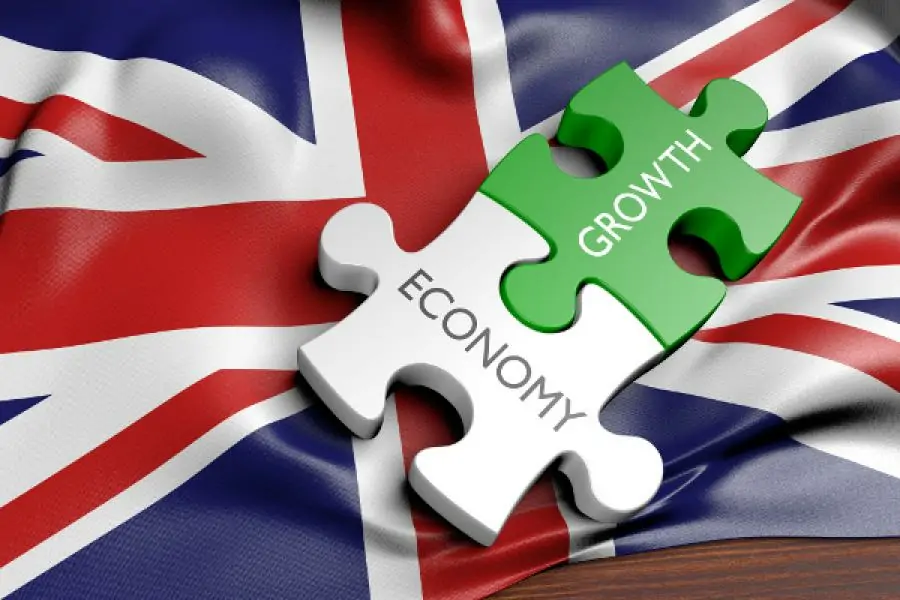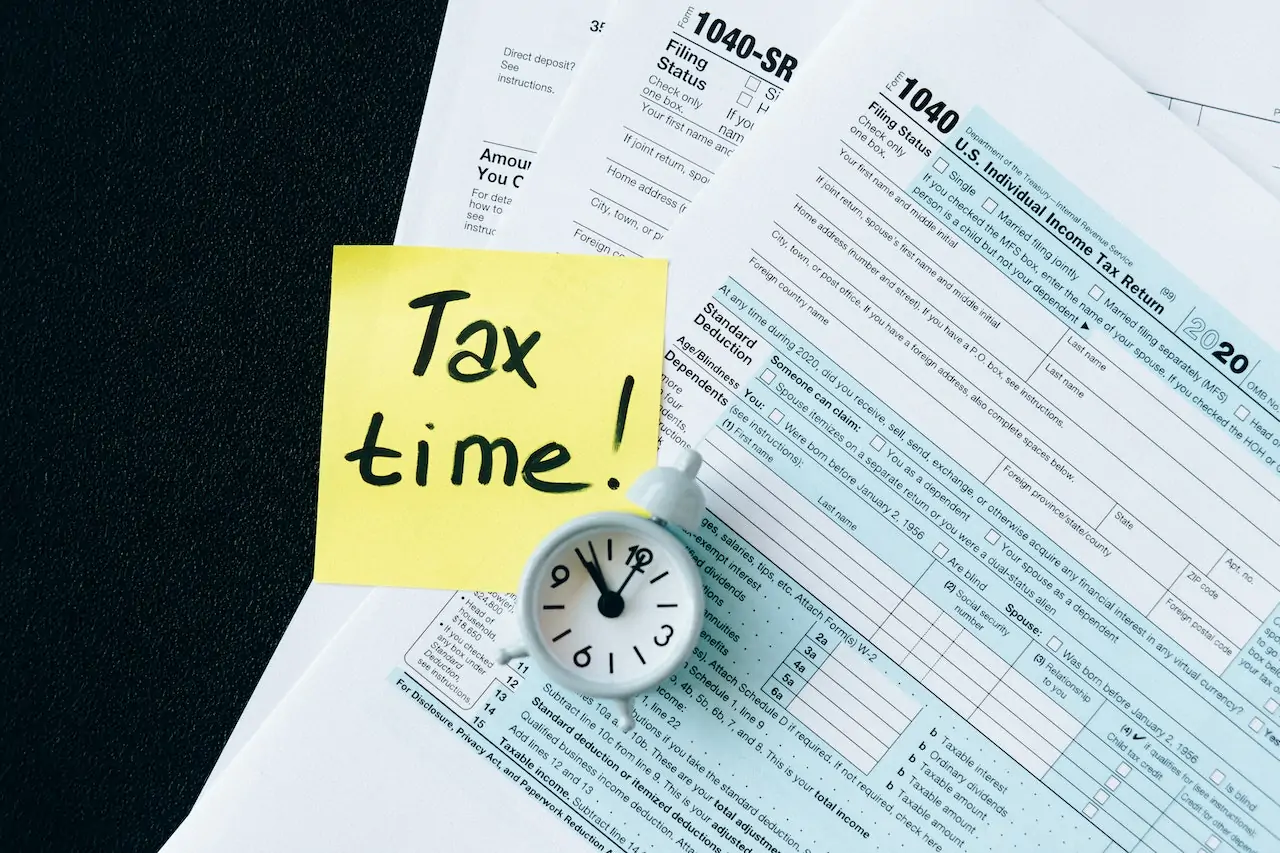
Self assessment tax deadline looms for UK’s self employed
7 Nov 2019HMRC received more than £28.3bn through tax returns in the 2017/18 tax year – and if you pay by self-assessment, you’ve got just a under week before your next tax installment is due.
By Tuesday next week (July 31st), you may need to pay up to half the tax that HMRC expects from you this year, if you’re self-employed, or have a substantial income that’s not paid via your employer or pension provider.
As small business accountants, we specialise in helping the country’s smaller enterprises comply with UK tax law. Our team are always on hand to give expert tax advice so don’t hesitate to get in touch and we would be happy to help.
Alternatively, try our instant accounting quote tool and get a competitive fee in just 5 clicks!
How much tax do self employed pay?
Over the course of the 2017/18 tax year, HMRC received £181bn in income tax, of which 15%, or £28.3bn, was paid through self assessment. That tax take is slightly down from the year before (£28.5bn), partly because the amount most people can earn tax-free rose to £11,500.
Based on the increase in personal allowance to £11,850 for the 2018/19 tax year this trend may be set to continue.
A further £130bn was paid in National Insurance, through both PAYE and self-assessment.
The bulk of self-assessment income tax is paid in the lead up to January 31st, when online tax returns, balancing payments and the first advance payment for the next year are due. But there’s a second deadline – July 31st, just six days away – for anyone who files a tax return to stump up the rest of what HMRC thinks they’re likely to owe.
This system, known as ‘payment on account’, could catch some business owners unawares.
HMRC says that it asks people to make advance payments so they don’t need to find a big sum at the end of the tax year. But it also means that the tax office gets paid much earlier.
Who has to make payments on account?
Unless you pay very little tax (less than £1,000) or you pay most of your income tax through the PAYE system, you’ll probably need to pay your taxes in advance.
You’ll be notified whether you’ll need to make a payment on account for the following tax year when you submit your annual return.
HMRC will assume you’re paying the same amount of tax this year as you did last year, and ask you to pay in two instalments, on January 31st and July 31st. If, when you file your tax return, you find the amount you owe is higher than last year, you’ll need to make a ‘balancing payment’ to settle the difference between what you’ve paid and what you owe.
Payments on account only cover National Insurance and income tax, but not capital gains tax, so that will need to paid as part of your balancing payment. If your payments on account were too high, HMRC will refund you any overpayment.
What to do if you can’t afford to pay your tax bill
In some circumstances, HMRC may agree to a different repayment plan, such as spreading your payments over a longer period, or allowing you to pay later. To do this, call HMRC’s on 0300 200 3835.
You’re likely to be asked about your income and expenditure, and whether you have any other assets like savings or investments that could be used to pay the bill.
You’ll also be asked about how you plan to get your tax payments back in order.
If you decide to borrow to pay your taxes, remember that HMRC ceased taking credit card payments for taxes in December 2017.
What to do if you miss a tax payment
There are late payment penalties if you fail to pay your taxes by the end of the tax year (or miss your tax return). These can run to hundreds, or thousands, of pounds.
The good news is that they don’t apply to missing the payment on account deadline, but they’ll kick in if you miss the deadline for making the balancing payment on 31 January.
The bad news is you can be charged interest for late payments – at 2.5%.
How to reduce your tax bill
As HMRC estimates your bill by what you paid last year, if you know you’ll be earning less this year you can apply to have your payment on account reduced.
Besides that, there are a number of costs and expenses that apply to certain businesses which owners can avail of. We encourage you to contact an accountant in order to discuss what ways you may be able to reduce your tax bill.
For further information on managing your taxes, get in touch with on of the tax experts on the team, or try our Instant Quote tool and we will contact you shortly.






















